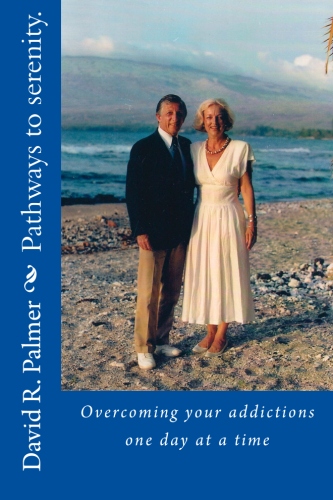Please, parents! Talk to your kids more!
“My neighbor’s son died the other day. He was a beautiful kid only twenty-one years into this world.
This scene is happening way too frequently in homes across our nation. It doesn’t have to be this way. It’s time we prepared like soldiers in war-time. Let’s prepare our families for the battle against addictions.
“My neighbor’s son died the other day. He was a beautiful kid only twenty-one years into this world. Police and ambulance sirens blared as they raced up our street in an effort to revive him, but the sirens served only as an alarm that a life had been extinguished much too soon.”
Steve Straessle, principal at Catholic High in Little Rock, wrote these moving words in the local paper several years ago about a young student’s death. And there have been more deaths since. How are we to respond as to tragedies like these?
“Unfortunately,” Straessle continued, “we know what we’re up against. You see, drugs and alcohol are waiting for your children. Like predators, drugs and alcohol wait until your son or daughter feels depressed. They wait for your son to get angry and your daughter to desire popularity. They wait for the perfect scenario to spring upon your young ones and offer them a moment of feeling good, of belonging, of leaving reality for a few moments.
“The mother-of-all-weapons in fighting drugs and alcohol is just that…a mother and a father,” Straessle says, adding to the list of resources,” a teacher, a counselor, a principal or a trusted friend.”
Joseph Califano, a grandfather, a lawyer and a one time Secretary of Health, Education and Welfare in the Carter cabinet and now Chairman Emeritus of the National Center on Addiction and Substance Abuse at Columbia University (CASA) wrote a book in 2009, “How to Raise a drug free kid-the straight dope for Parents.”
Here are eight tips from Califano’s book.
1. Be there: Get involved in your children’s lives and activities.
2. Set a good example: Actions are more persuasive than words.
3. Set rules and expect your children to follow them.
4. Monitor your children’s whereabouts.
5. Maintain family rituals such as eating dinner together.
6. Incorporate religious and spiritual practices into family life.
7. Get dad engaged—and keep him engaged.
8. Engage the larger family of your children’s friends, teachers, classmates, neighbors and the community.
David Palmer’s “Pathways to Serenity. Overcoming your addictions one day at a time” contains a chapter on teenage drug abuse.
But what about the millions of children who don’t have parents or whose parents are irresponsible?
Two years ago, ODAT did a small pilot study involving an English class at a North Little Rock inner city school. As we attract contributions we will pursue this and many other local school programs we know exist. Having said this, our strong belief, shared by the founders of Alcoholics Anonymous, is that true recovery involves a vital spiritual experience emanating from the biblical truths of the Christian faith.
To find resources that you can use to help you or friends you know who struggle with their teens addictions, CLICK HERE.




